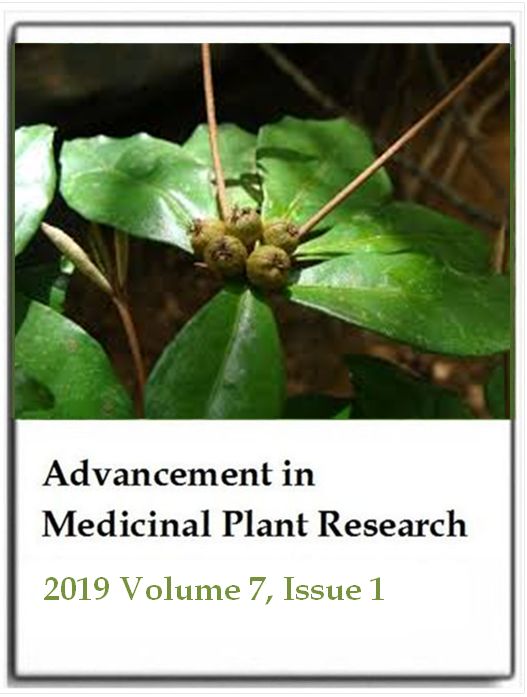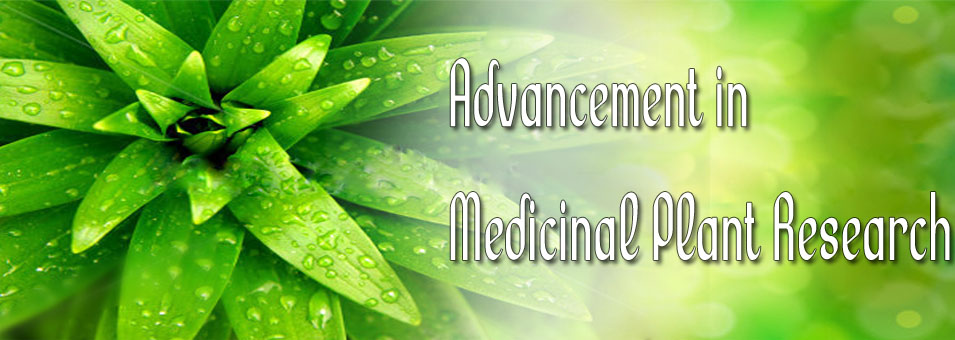Salt tolerance approaches in plants: Biotechnological perspective
Shah Zaman, Muhammad Zeeshan Bhatti, Du Hongmei and Shengquan CheAdvancement in Medicinal Plant Research
Published: March 12 2019
Volume 7, Issue 1
Pages 31-37
DOI: https://doi.org/10.30918/AMPR.71.19.016
Abstract
Climatic changes may affect soil quality of agricultural lands, especially by increasing salts deposition in the soil which results in soil salinity. Salinity stress affects several aspects of plant physiology, such as suppressing seed germination, reducing growth of roots and shoots, and altering growth regulators. Breeding salt tolerant plant cultivars has been proven inadequate to fully alleviate this problem. Salinity tolerance results from diverse mechanism, each controlled by a multi-gene system. Over the past decades, substantial progress has been made to elucidate the mechanisms underlying plant responses to mitigate adverse impacts of salinity. The overall problem is more tractable, if the plant response is dissected into diverse traits that are hypothesized to be involved in the tolerance to salinity. In this review, we comprehensively discuss plant adaption to salinity, the salt overly sensitive (SOS) pathway, ion homeostasis, determination of solutes and various molecular and proteomic approaches to understanding the salinity responses. This review provides response guidelines to enhance improvement of plant salt tolerance in combination with improved agricultural practices under saline conditions. Comprehensive understanding of all mechanisms for salinity stress response should be the ultimate of future studies.
Keywords: Salinity, ion homeostasis, transcriptional factors, salt overly sensitive pathway, proteomics.
Full Text PDFThis article is published under the terms of the Creative Commons Attribution License 4.0

